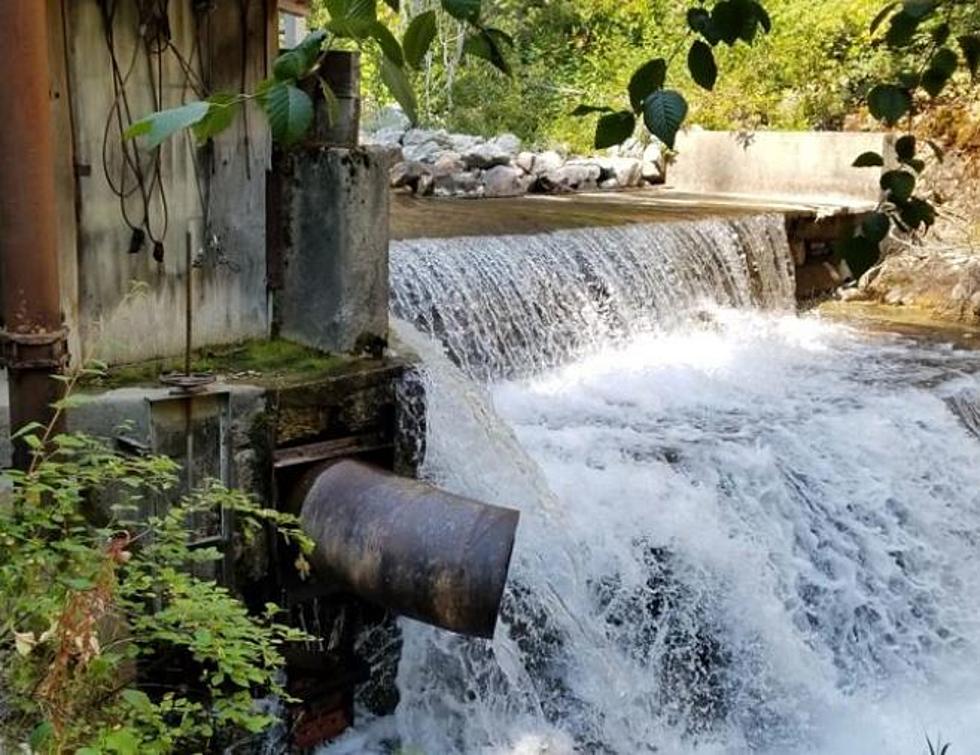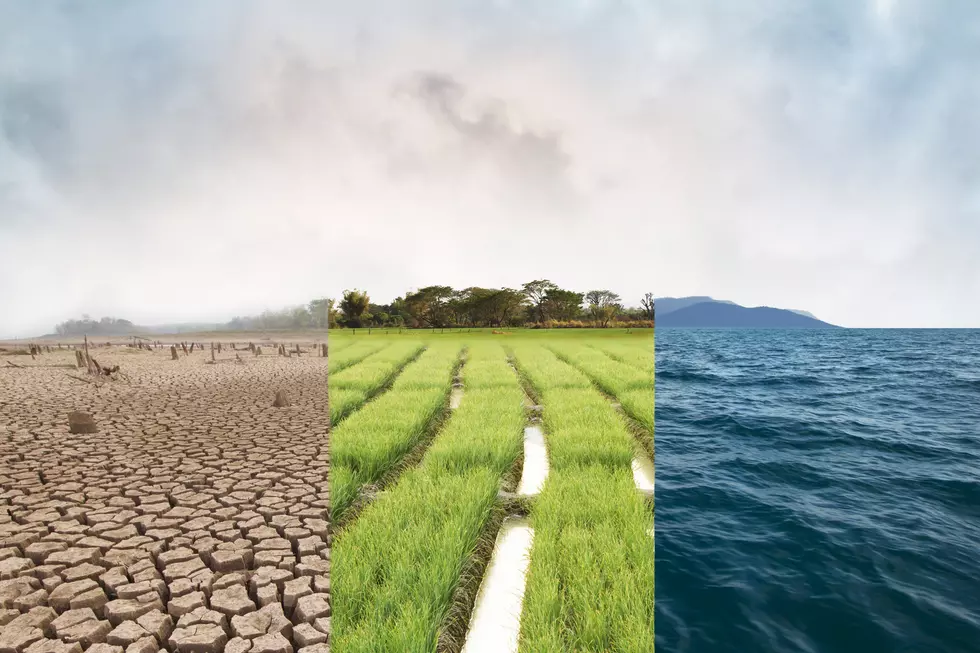
Climate Scientist Says North Cascades National Park Heating Up More than Others
Far from being a future threat, climate change already is making national parks hotter and the effects could get much worse, according to a first-of-its-kind study. Researchers went back to 1895 to chart temperatures and found they're rising twice as fast in the country's national parks as they are in the rest of America. The co-author of the study, a climate change scientist at Cal Berkeley, Patrick Gonzalez, says while the study makes stunning predictions for parks in the future, national parks like the North Cascades in Washington are in the midst of climate change right now.
"In North Cascades National Park, the temperature since 1950 has increased at a rate of 1.8 degrees per century, or 3.2 degrees Fahrenheit, and consequently, the glaciers in North Cascades National Park have been melting."
Gonzalez notes that winter snowpack in the Pacific Northwest has fallen to its lowest levels in 800 years and that wildfires have doubled since 1985. The study says national parks often protect extreme environments, which are more susceptible to temperature rises. Gonzalez's research predicts that if nothing is done to curb emissions, the country's most vulnerable national parks could see average temperatures increase 16 degrees Fahrenheit by 2100.
Over the past century, the area covered by glaciers in North Cascades National Park has shrunk by 50 percent. Gonzalez notes that has consequences for the surrounding region, such as summer melt for local watersheds that provide drinking water for Washingtonians. But he says this isn't a doom-and-gloom report, adding that the Evergreen State has joined other states to reduce their impact on the climate.
"The 16 states of the United States Climate Alliance and Puerto Rico – and that includes the state of Washington – has reduced its greenhouse gas emissions 15 percent, and they're on track to meet the Paris Agreement goals."
Gonzalez says the country has the technological capacity to lower the rate of heating in national parks by two-thirds by the end of the century through improved energy efficiency, the installation renewable sources of power like wind and solar, and expanded public transit.
More From NewsRadio 560 KPQ









